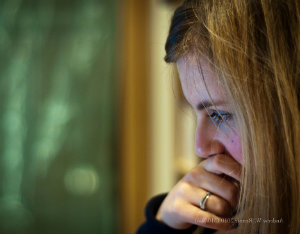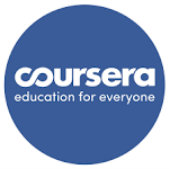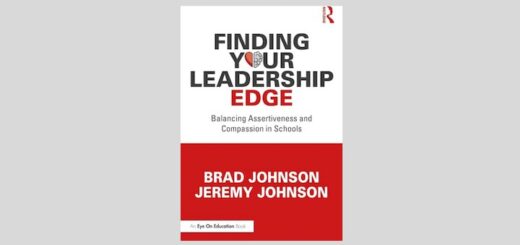History PD: The Joys of Being a Student Again
A MiddleWeb Blog
 As teachers, we create and we respond, all the time.
As teachers, we create and we respond, all the time.
We write lesson plans. We tinker with presentations. We comment on student projects. We counsel and cajole.
As rewarding as it is to be the expert on our subject every day, teaching takes a lot of creative energy.
Recently, I set aside this expert role by signing up for an online history course, the first formal class I’ve taken since graduating from college years ago. What I re-learned about being a student has been unexpected and even joyful.
1. Listening to an online lecture can be calming.
The first time I logged in to watch a class lecture, it was past 9 p.m. Although I was interested in the topic, the video felt like one more obligation after a day of teaching and grading.

As the professor began talking, I realized that the lecture felt not so much like a burden as a benediction. What a gift it was to sit listening, with nothing to do but take notes. It felt as if someone were telling me a bedtime story about World War II.
Now, after eight hours of “hanging out” with the professor, I feel like I know him, and his rhythms have become familiar and comforting.
2. Writing to synthesize ideas is unexpectedly rewarding.
Before deciding to take the class, I looked carefully at the syllabus to see if I could handle the assignments.
The course requires five response papers, in addition to a lesson plan and final project. Each paper synthesizes that week’s readings and lecture, which seemed pretty straightforward.
But when I started the first paper, I was surprised to find that the assignment didn’t feel simple at all. It asks for connections, and, each time, I’ve had too much to say. The structure allows me to focus on what is most interesting, while also covering the reading and lecture. It feels full.
3. Taking a class as a teacher is even better than taking it as a college student.
While in college, I didn’t think I would become a teacher. I was planning to write for a newspaper or a magazine, and I did so for a year before realizing I wanted to spend more time with people, especially kids.
Many of my history classes in college were inspiring, taught by wry and engaged professors, but the content existed largely in the abstract. The cartoons of the Jacksonian Era made me smile, and the achievements of the Roman emperor Augustus made me want to visit Rome, but I didn’t think I would encounter these details much beyond the seminar room or lecture hall.
The difference as a teacher is that everything I read or see about history is fodder for class. Even if I don’t teach a particular topic right now, I can file away a source for future use, or relate it thematically to something I’m covering soon.
In addition, returning to material I know but have never studied sharpens my knowledge of dates and events. The course also forces me to read history, when, if given the choice, I typically default to novels. The push to go deeper feels powerful.
4. If we put off professional growth in our content area, we do so at our peril.
Over the years I’ve learned so much from workshops on pedagogy and human development, the kind of professional growth that schools often offer through inservices.

If we just want the course content, free MOOC programs like Coursera are a great option. Even those of us who aren’t taking a “formal” history class online can find joy in history all around us.
We can sign up for daylong or weeklong workshops from excellent organizations, such as Facing History & Ourselves or the Gilder Lehrman Institute of American History. We can watch a documentary about a favorite topic or wander through YouTube videos on a current or historical event.
The point is to remind ourselves why history lights us up – and to go beyond what we teach just enough that we feel a little nimbler, a little more alive.
On that note, if you’ll excuse me, I have another 9 p.m. appointment with my laptop.
Which history professional growth experiences – classes or otherwise – have you found most rewarding?
Feature image by Andrew Rennie, 2010




































